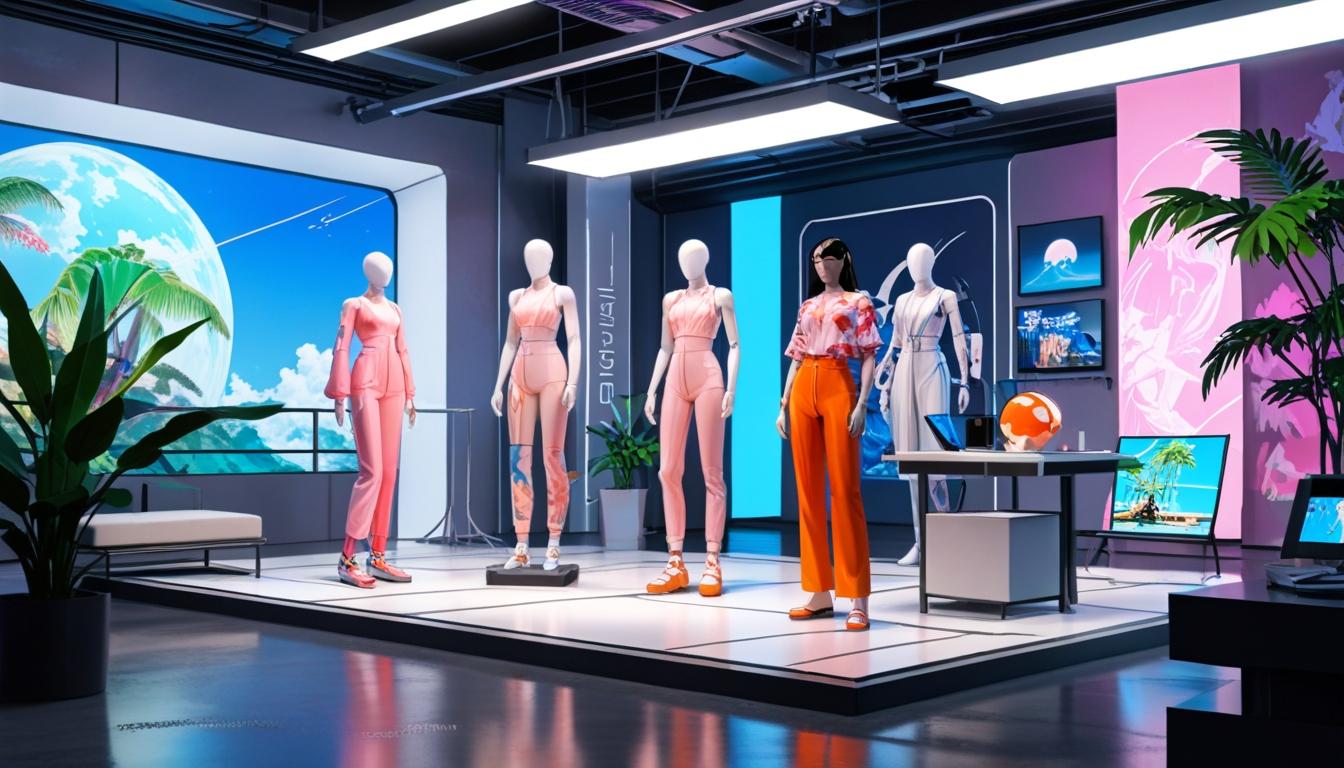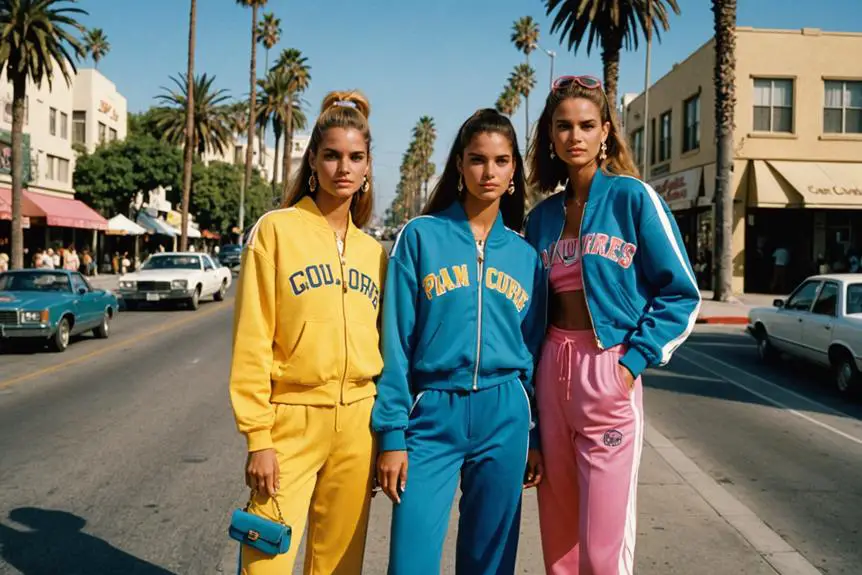The fashion sector is increasingly integrating artificial intelligence to enhance creativity, operational efficiency, and sustainability, addressing challenges from marketing to counterfeit product detection.
As the integration of artificial intelligence (AI) continues to grow across various sectors, the fashion industry is increasingly embracing this technology to enhance creativity and operational efficiency. Reports from the fashion industry indicate that major domestic fashion companies are incorporating AI into marketing strategies, content generation, product inspection, and counterfeit product detection in an effort to stay competitive.
Hanssem, part of the Hyundai Department Store Group, has been at the forefront of this trend. In January, the company produced promotional content for the women’s brand Ozzie’s 2025 spring/summer (S/S) capsule collection, utilizing generative AI technology. This initiative resulted in the creation of around 20 virtual videos and images set against a European-style backdrop, including a train adorned with the brand’s identity, all tailored to complement the collection’s travel-themed concept. A representative from Hanssem noted that this approach alleviated challenges commonly associated with traditional photo shoots, such as unpredictable weather and the logistics of props, stating, “If it were an actual shoot, we would have encountered difficulties with the weather and props at the location, but we were able to generate them using generative AI technology without going on-site.”
Samsung C&T Fashion Division, known as Samsung Fashion, is also employing AI in its business operations, particularly for curation. This tech-driven curation exemplifies innovative uses of AI in e-commerce, especially through their online platform, SSF Shop, where AI analyzes customer searches and expert styling combinations to recommend appropriate clothing selections. A representative from Samsung Fashion expressed the company’s commitment to further enhancing AI recommendation services by stating, “We are continuously working to enhance the AI recommendation service to improve shopping convenience for our customers,” and emphasized plans to expand AI’s role in their operations in the future.
The fashion industry faces ongoing challenges with counterfeit products, which AI is increasingly capable of addressing. SJ Group, the operator of various fashion brands including Kangol, has reported significant success with its AI-based intellectual property protection system known as Mark AI. Since its adoption in April 2021, the system has detected over 134,776 instances of counterfeit products and unauthorized sales across 118 countries and more than 1,500 online marketplaces. By employing AI deep learning, Mark AI can analyze seller behaviors and patterns to effectively identify malicious sellers.
Expectations of AI’s role in design are also on the rise. The inaugural ‘AI Fashion Week’ in New York took place in April 2023, featuring the work of around 400 designers who showcased collections conceived with generative AI. The event has led to a broader belief within the fashion community that AI can enhance work efficiency by expediting processes such as transforming sketches into digital 3D models and generating diverse design concepts, ultimately boosting designer creativity.
In addition to these advancements, domestic fashion company LF has pioneered 3D virtual design technology in the production of clothing, particularly through its collaboration with Hedgies. This technology enables design creation, sampling, and modifications without relying on physical samples, using sophisticated 3D image processing and virtual fittings with avatar models. LF is actively recruiting specialized designers skilled in this technology and collaborating with Clover Virtual Fashion, a company known for its application of AI across various operational facets.
Fashion startups like Designoble are also harnessing AI, developing solutions for design generation and trend forecasting. A representative from the industry noted the significant impact of generative AI, suggesting that it has nearly doubled the efficiency of fashion platforms. Furthermore, utilizing AI as a substitute for physical samples in garment production is anticipated to reduce environmental impacts, such as fossil fuel and water consumption, signaling a more sustainable approach to fashion design.
Source: Noah Wire Services





One Comment